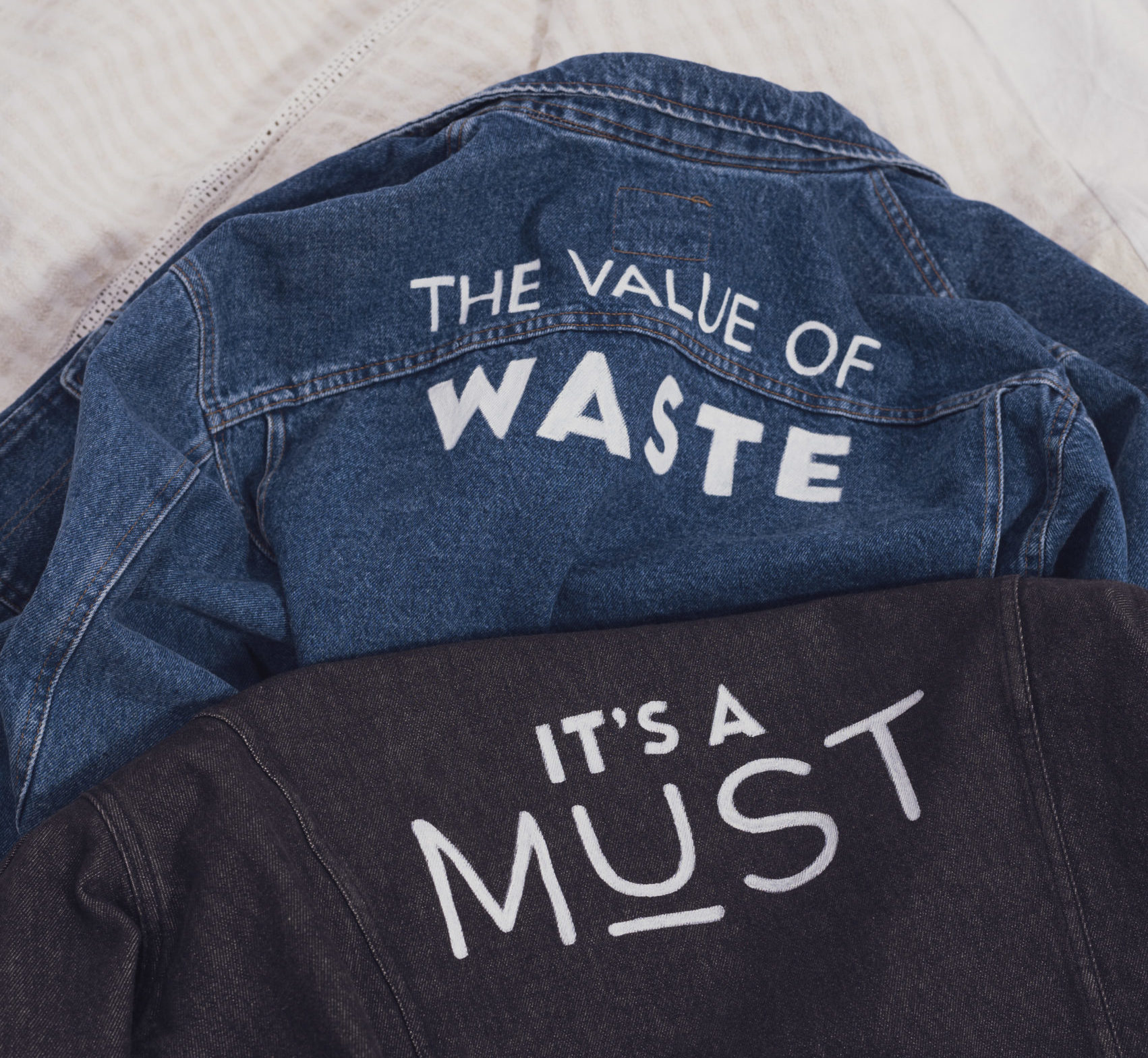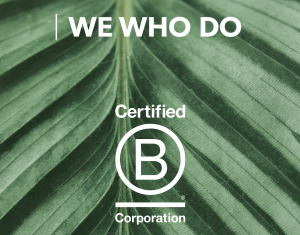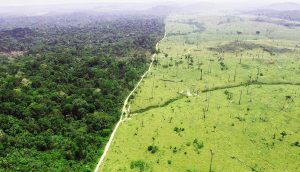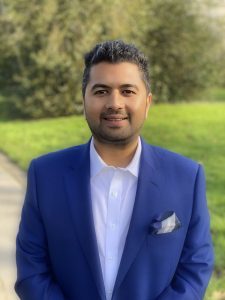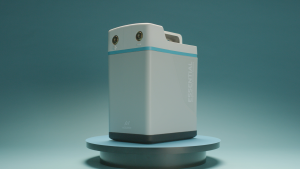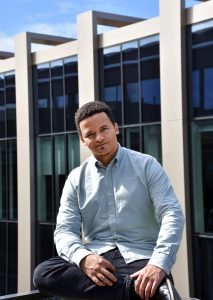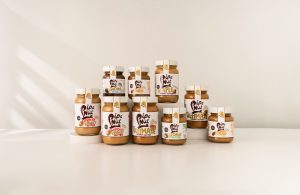Where did the idea for MUST HAD come from?
Eugenio: It started with the lockdown in February 2020. Us three co-founders were discussing the difficulties of the COVID19 situation and the impact of the fashion industry. One of our co-founders, Arianna’s family business was built on the premise of reusing the waste the fashion industry produces every year. Her father has a small laboratory in Italy, for which they have been collecting old cashmere and wool sweaters to regenerate these materials for the past 3 years. The initial idea behind MUST HAD was to try to localise the operations and digitise the brand in order to give it more visibility online. While we were looking into how to do this, we discovered a lot of other small labs, artisans and designers that are focused on reusing or regenerating textile waste. And so the idea expanded – from the digitisation of just a single brand into a multiple brand view. We envisioned a platform that connects these brands with conscious consumers. We started and tested the idea with a brand based out of our hometown Torino, but our dream is to expand into a European hub of independent, artisan designers, who are each leading the way in regenerative fashion across Europe and beyond.
Why do you think the work you’re doing specifically is so important?
Eugenio: The founding team is really unique – we all have very different backgrounds but share an awareness of the problems of waste and environmental impact of the fashion industry. Seeing as sustainability is a complex matter, we decided to divert the attention away from the focus on the production processes, raw material extraction and selection itself – which are so entwined and complex that, despite having the potential of enormous positive impact, are extremely difficult to quantify in terms of environmental impact. For us, the true sustainable business model is based on reusing what already exists. The primary focus for all fashion brands, big and small, should be to find ways to reuse what has already entered the textile lifecycle. Society has a huge issue with overconsumption and a see-now buy-now consumer attitude. We are practically drowning in unwanted and discarded clothes items, textiles and leftover fabric. At MUST HAD, our focus is to reuse what already exists because it forms the essence of a sustainable lifestyle.
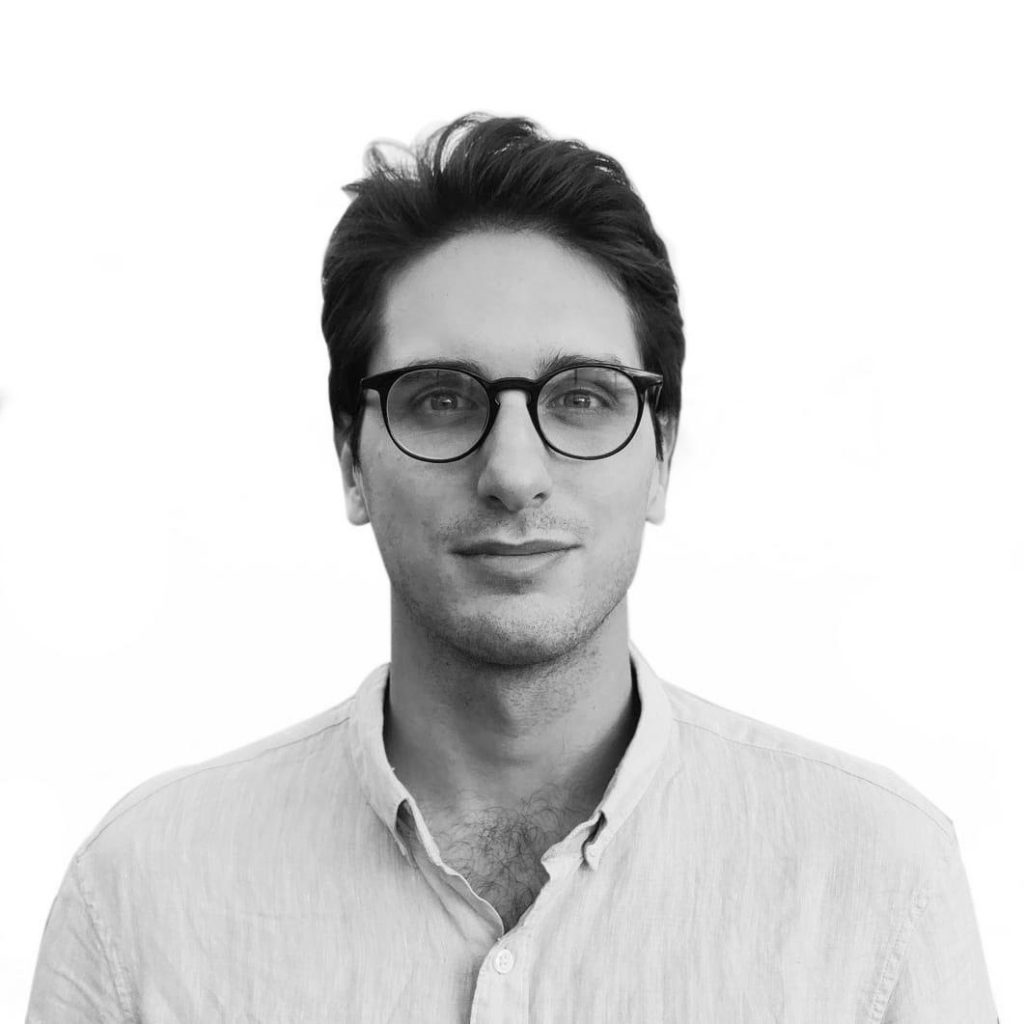

Do you think MUST HAD can tap into consumer behaviour within fashion?
Eugenio: Most definitely! We like to call it refashion – the fashion focus is on reusing, regenerating and revaluaing what we already have. I believe consumers are very interested in brands that are transparent and brands that tell a story. At MUST HAD, we reimagine something that is pre-owned and pre-loved, so we can continue the narrative of the product. And consumers love it! Young consumers in particular, seek products that tell a story and are willing to spend a premium price for products that are sustainable and care for the environment.
From all the sustainable fashion trends – what do you think is the thing that makes MUST HAD different from all the others?
Eugenio: For the last two years, we have seen an explosion of sustainability claims within the fashion industry. The problem is that sometimes (especially for big corporations) it’s difficult to distinguish good and bad. Consumers are often left with the impossible task and responsibility of detecting whether companies are performing against their sustainability manifestos. We, at MUST HAD, want to take this burden off consumers and focus on being transparent. For each product that we sell on our platform, we have a section called “rescued waste” with photos and descriptions of the waste that was re-valued in making the product. We are increasing transparency by providing certifications, technologies that can help consumers understand the journey of the waste and where we purchased the product, or the regenerating processes we used to value the product. Secondly, MUST HAD has a clear focus on reducing fashion waste and having a positive impact while not compromising on style. It’s very important to us to provide products that have a moral backbone, that are high quality and stylish at the same time. A platform that is focusing on this niche – revaluing waste with style while not sacrificing quality – is something very distinctive.

Where do you see MUST HAD in the next few years, what is the vision?
Eugenio: Our vision is to become the reference point in Europe for all things reusing, regenerating and revaluing in the fashion industry. We aim to be a platform on which brands can get visibility for their products but can also find materials, leftover fabrics, certifications, and services that will help them grow. Our goal is to not only be in touch with consumers from a B2C perspective but also create a community – a refashion community. We’re also going big – starting conversations with the leading fashion giants who want to tap into the expertise and the know-how of our brands to help them be more circular and tackle their waste issues. In the future, we are planning to develop a service model that helps consumers revalue their unused clothes. The idea is to create a 360-degree platform, focused on reducing waste from both a B2C and B2B perspective. The refashion community is composed of small brands, artisans and designers who mostly are not online and do not have an online presence. In Italy especially, we have a huge number of small brands that lack structure. So taking their growth and continued success into the equation, MUST HAD is not only caring for the environment but also boosting local economies – a trilogy of fashion, environment and community.

